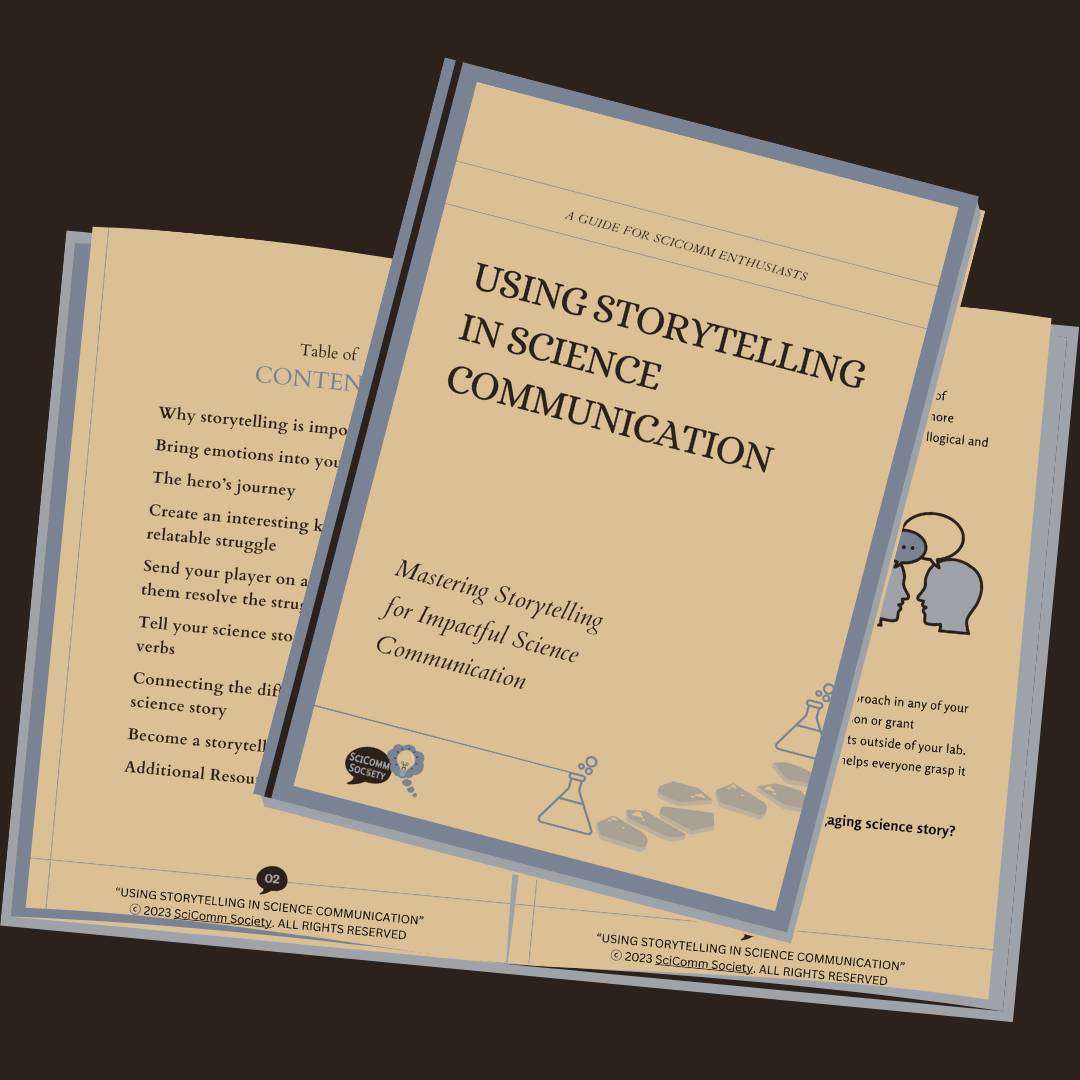Enhance Your Science Writing with Our Guide
Many scientific articles suffer from profound writing issues, making them difficult to follow and understand. This is because academic writing often uses complicated language and sentence structures.
How did it end up this way? Because writing in the sciences is often modeled after existing works or those of mentors.
However, to advance science and your research, simplicity is key. By using simple science writing, you can effectively convey your ideas and research results to your scientific community, policymakers, and funding agencies.
Unfortunately, becoming a skilled writer is typically not emphasized or encouraged in STEM education. Yet, we must break this cycle to become better science communicators and ultimately help people make better decisions based on science.
We understand that, as a scientist, you face significant challenges when it comes to honing your writing skills.
Thank you for your purchase
Have a great day!
Roadblocks to Achieving Excellence in Scientific Writing
- Lack of formal writing training in many scientific PhD programs.
- Scientific jargon and complex terminology can hinder clear communication.
- Focus on research often takes precedence over developing writing skills.
Good science writing is at the heart of advancing scientific knowledge
Introducing "How to Effectively Write About Science"
That's where our guide comes in. We've been in your shoes, and we understand the frustration of realizing your writing skills need improvement after diving deep into your field.
Our guide, "How to Effectively Write About Science," is your roadmap to becoming a proficient science writer. Inside, you'll find 10 practical tips to improve your writing quickly and efficiently.

Beyond Writing Skills - Making an Impact
This guide isn't just about enhancing your writing skills; it's about making a meaningful impact. By improving your ability to communicate scientific knowledge, you empower others to better understand the world around them.
Are You Ready to Take Your Science Writing to the Next Level?
Elevate your communication skills, whether you're crafting a scientific paper, grant application, social media post, or blog post. Get started now and unlock the power of impactful science writing.
Don't let your valuable research go unnoticed. Start writing with purpose, clarity, and impact today!
Thank you for your purchase
Have a great day!

